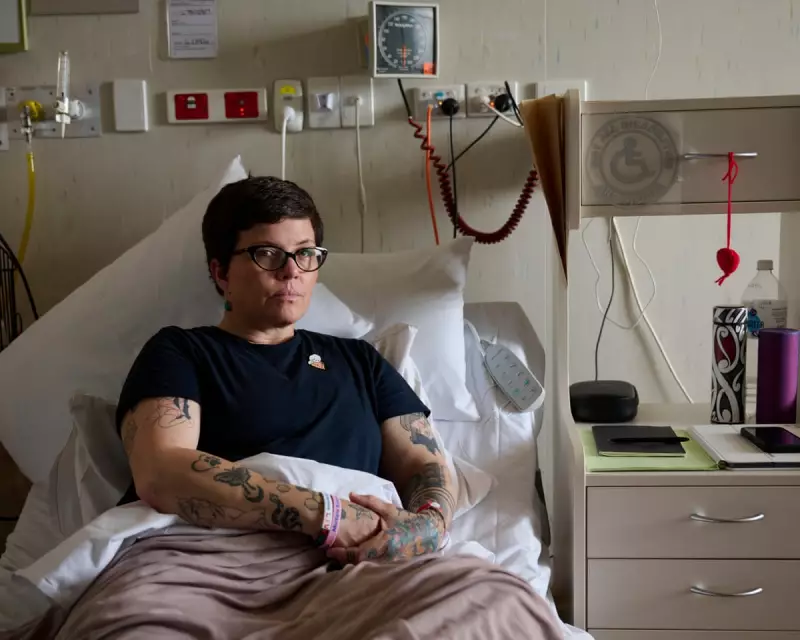
Australia's National Disability Insurance Scheme is facing mounting criticism as disturbing reports emerge of disabled Australians becoming stranded in hospital beds for months on end. The funding crisis is creating a perfect storm where vulnerable patients cannot return home due to slashed support packages.
The Human Cost of Budget Cuts
Across Australian hospitals, a silent crisis is unfolding. Patients who are medically cleared for discharge remain trapped in acute care beds because their NDIS funding has been reduced or delayed. These individuals, many with complex disabilities, are caught in bureaucratic limbo while hospital resources strain under the pressure.
One family shared their heartbreaking story of watching their loved one spend over six months in hospital despite being ready for discharge months earlier. "We feel like we're watching our family member's life waste away in a hospital room," they told investigators. "The system that was supposed to support us has completely failed."
Healthcare System Under Strain
The ripple effects extend far beyond the individuals directly affected. Hospital administrators report that beds desperately needed for new patients remain occupied by those who should have moved to community-based care. This backlog is creating treatment delays across the healthcare system and driving up costs for state health services.
Medical professionals express growing frustration at being forced to keep patients in expensive acute care settings when more appropriate, cost-effective community options exist. "We're doctors, not hotel managers," one senior consultant remarked. "This situation benefits no one and harms everyone."
Government Response Under Scrutiny
Advocacy groups are demanding immediate action from both state and federal governments. They argue that the current approach represents false economy - while NDIS budgets may appear saved on paper, the costs are simply being shifted to state hospital systems while human suffering increases.
Disability organisations point to a pattern of increasingly restrictive interpretation of NDIS criteria and lengthy approval processes that leave vulnerable Australians in dangerous limbo situations. The very scheme designed to promote independence and community participation is instead fostering institutionalisation.
As the crisis deepens, calls grow louder for a coordinated approach between health and disability services to ensure no Australian remains trapped in hospital simply because support funding has evaporated.





